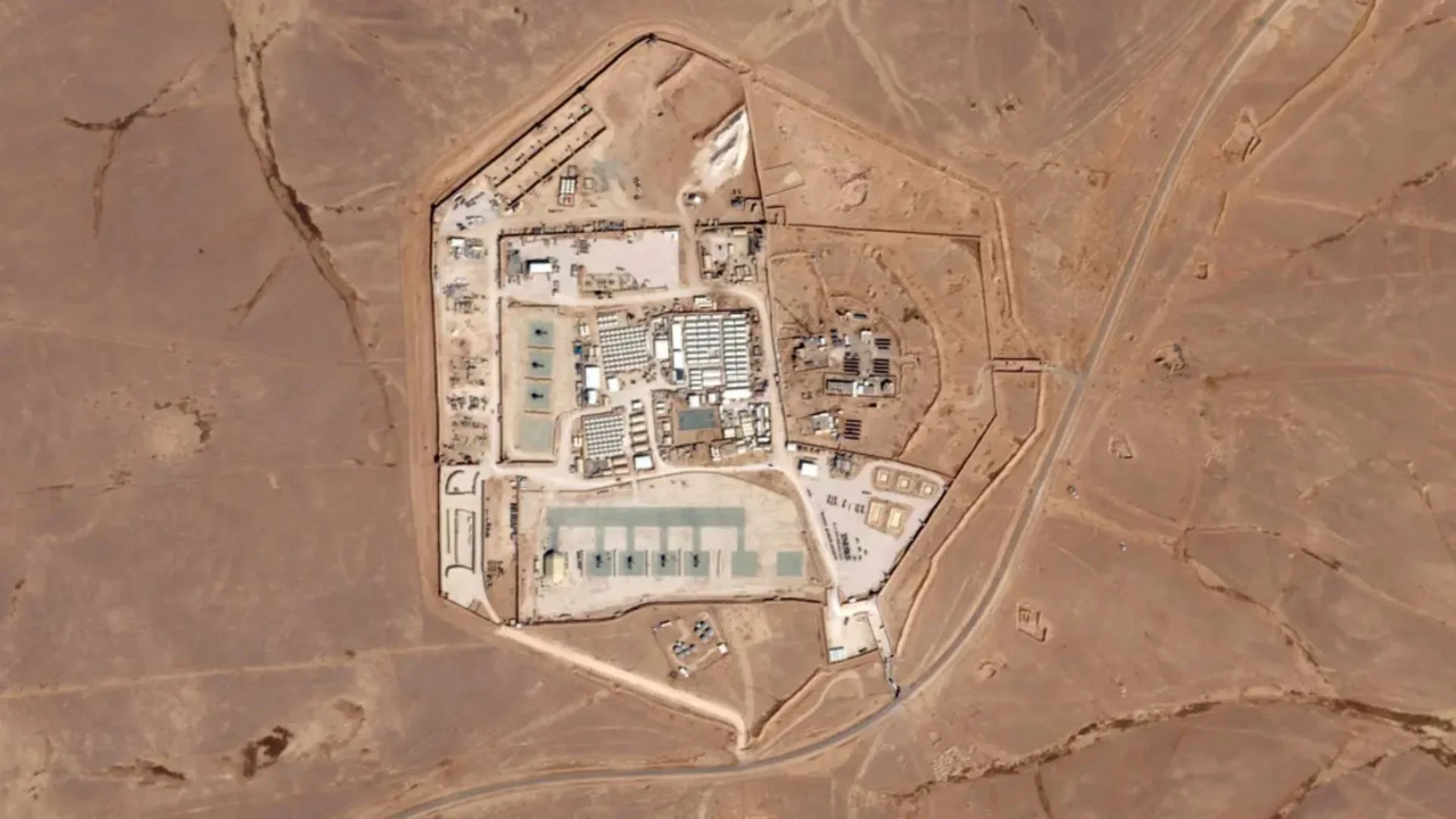Punjab is all set to emerge as a national leader in biofuel production, with the government unveiling an ambitious Punjab State Policy for Biofuels to meet 20% of the state’s overall fuel demand through biofuels by 2035, said Aman Arora, Minister of New and Renewable Energy Sources at a Round Table discussion on “Bio-fuels: Re-imagining India’s Energy Sector & Sustainability in Agriculture here on Wednesday.
He further stated that the policy aims to develop and promote the production of biofuels, including Compressed Biogas (CBG), 2G Bio-ethanol and Biomass Pellets, from agricultural residues in Punjab. This initiative seeks to utilise at least 50% of agricultural and other waste, which is expected to enhance soil organic content by up to 5%. Additionally, it will provide the state farmers with opportunities to generate extra income source by cultivating biofuel crops and selling biomass.
As an agrarian state, Punjab has significant potential for biofuels production, generating approximately 20 million tons of paddy straw annually, of which around 12 million tons are currently utilised in various applications. To address the issue of stubble burning and ensure the scientific disposal of paddy straw, establishing Compressed Biogas (CBG) projects is an effective solution. Punjab has allocated 58 CBG projects with a total production capacity of about 720 tons CBG per day based on paddy straw and other agricultural residues. Once operational, these projects will utilise around 24-25 lakh tons of paddy straw each year, while also creating direct employment for about 5,000 individuals and indirect employment for an additional 7,500 persons, he added.
Urging the state farmers, industry and other stakeholders to collaborate with the government and embrace biofuel initiatives for a greener future, Aman Arora emphasised the need for a new green revolution in Punjab. He pointed out that the paddy-wheat cycle has led to the over-exploitation of groundwater and degradation of soil health. Biofuels produce fewer greenhouse gases compared to fossil fuels, making them a cleaner alternative. Additionally, they contribute to a circular economy by converting waste into energy, reducing environmental impact and promoting sustainable agricultural practices. He also encouraged inter-cropping and crop rotation as effective strategies to maintain soil fertility and minimise the negative impacts of monoculture practices. By diversifying crop production, farmers can enhance soil health, improve yield resilience and promote sustainable farming methods that benefit both the environment and agricultural productivity, he added.
The cabinet minister further informed that four projects with a total capacity of 85 tons per day (TPD) of CBG are currently operational.
Additionally, one more CBG project with a capacity of 20 TPD is set to be commissioned in the financial year 2024-25. Furthermore, six additional projects with a combined capacity of 59 TPD of CBG will be launched in the financial year 2025-26.























